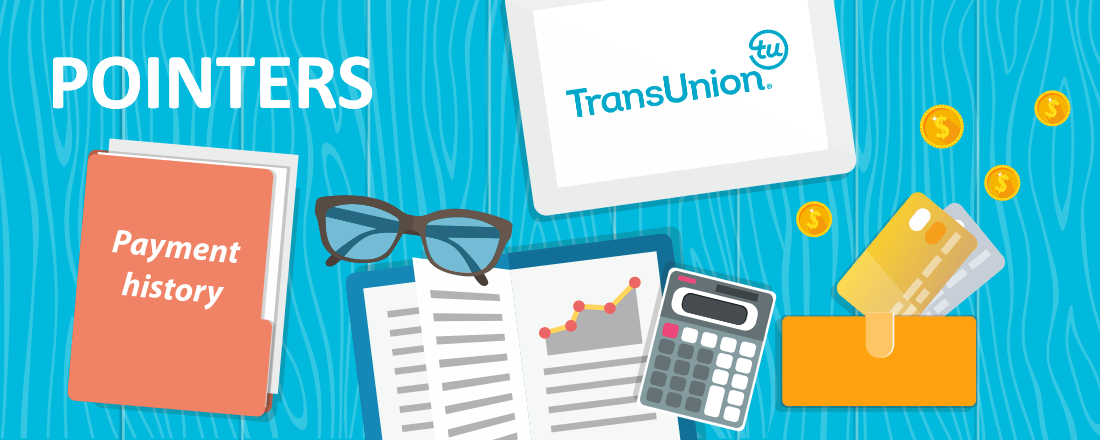
We’ve said it before and we’ll say it again: Your credit score is one of your most valuable assets and you should nurture it and protect it. You want a healthy credit score to help you accomplish all of your life goals, including getting a mortgage or car loan (with reasonable interest rates) or passing a potential employer or landlord’s background check.
You also want a high credit score so you can fully participate in the lucrative hobby of collecting frequent flyer miles, hotel loyalty program points, or bank points (such as American Express Membership Rewards, Chase Ultimate Rewards, or Citi ThankYou points).
First of all, what exactly is a credit score? It’s a three-digit number that categorizes your financial health. A full credit report accompanies every score and includes your name, current and past addresses, and if you’ve been sued or have filed for bankruptcy. It also lists a full history of your credit accounts, from mortgages to car loans to lines of credit from credit card companies. Details about your payment history are included.

A credit score, and the underlying report, tells potential creditors if you are a risk when it comes to offering loans or credit. There are three credit reporting agencies that maintain their own credit ratings for every American: TransUnion, Equifax, and Experian. Your scores won’t be identical, but they should be fairly close. The Fair Credit Reporting Act entitles you by law to request your credit report from each bureau once a year for free.
Here are five things you might not know about your credit score.
1. What components make up a credit score?
Your credit score is an amalgamation of five different aspects of your banking/spending history. Credit bureaus take into account:
- Payment history—when you pay your loan installments (early, on time, or late) and if you pay your balances in full, just the statement balance, or if you’ve missed payments
- Amounts owed—across all creditors, including mortgages, vehicle loans, credit cards, and more
- Length of credit history—how long your accounts have been open (accounts with longevity boost your score)
- Types of credit in use—this may seem counter-intuitive but having a mix of different types of credit (i.e., a mortgage, a car loan, a student loan, and a credit card) can raise your score
- New credit—your score takes into account any new credit lines you’ve established; a lot of new lines of credit taken out in a short span of time can be a red flag that may, but not always, lower your score
2. What is an authorized user and in what ways does having one affect your credit score?
When it comes to credit card accounts, you can choose to establish “authorized users.” That means individuals that you designate can make purchases against your line of credit. You are ultimately responsible for making sure the charges of any authorized users are repaid in full and on time. Adding an authorized user won’t boost your credit score, and it will only lower it if that authorized user fails to make a payment or does so late.
It’s important to only designate authorized users if you are positive the person will treat your good credit as seriously as you do. If you have children, one of the best gifts you can give them is an authorized user account on one of your credit cards. It will establish the beginning of their credit file so young adults can benefit from their parents’ good credit scores as they launch their own identities with the credit reporting agencies.
3. Does paying your credit card balance before the closing date help your credit score?
Some people believe that paying off your credit card in full right before its closing date will boost your credit score. Why? Well, the wisdom on this is that your credit card will always look like it has zero utilization (the amount of credit you’ve used in comparison to your total credit limit). In actuality, the credit reporting agencies have more sophisticated software that tracks your credit utilization throughout the month. So, it won’t help if you pay your credit card early, but it won’t hurt either.
However, your percentage of utilization has a big impact on your credit score. Try to keep your utilization on each credit card low: 30 percent or less of your credit limit. If you have a lot of purchases to make in one month, it’s better to spread them across a few credit cards so none of your cards breach the 30 percent utilization threshold.
4. Does applying for a credit card permanently affect my credit score?
Applying for a new credit card will temporarily affect your credit score, but that change is usually short lived. Your credit score can actually go up in some circumstances when you apply for a new line of credit. But, more often than not, it will go down a few points.
How much your score goes up or down upon applying for credit depends on your complete credit profile: what types of loans you already have, how much debt is outstanding, and your payment history. Because your score can take a slight dip when applying for a new credit card, it’s wise to spread out your credit applications throughout the year instead of trying to get approved for more than three new credit cards at one time.
5. Does canceling a credit card improve my credit score?
Some people think that canceling a card that they don’t use will actually boost their credit score. That’s not true. Cancelling a card can actually hurt your score since you are changing the length of history of that particular credit line.
If you have a credit card with an annual balance that you no longer need, call the company to find out if they offer a fee-free card and see if you can downgrade your card to that product. This is usually an option. You’ll then keep the credit history going into the future without having to pay an annual fee. And, just tuck that new credit card in your sock drawer. You never have to use it if you don’t want to.

